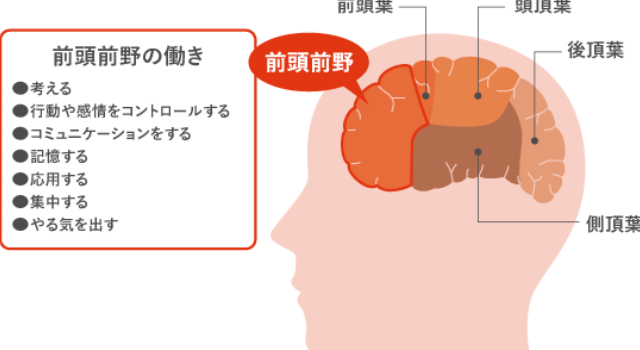Typical cognitive function difficulties that affect those with MCI are: a decline in episode memory, divided attention function and execution function.
“Episodic memory” is the memory of past experiences and remembering the environment including emotions that were felt at that time and/or peoples names and faces.
In order to improve this function, it is effective to look back a day or two and to write the details of the event on a diary. Other examples may include keeping a household account of things that were purchased.
The “divided attention function” means, for example, creating several dishes at the same time by simultaneously performing several tasks. This function in addition to cooking can also be enhanced by other activities such as talking with multiple people, doing different actions with the left and right hands, or by performing two or more actions simultaneously.
“Execution function” means, for example, planning a trip by thinking about the different procedures related to a journey and executing them. Another example may include thinking about the recipe of an original dish and to actually make it.
Brain training (cognitive training) such as symbolic memory and speed calculation games are also effective in enhancing these typical cognitive functions.
In addition to living consciously of these functions, it is important to actively incorporate brain training (cognitive training) into everyday routines in order to prevent MCI from progressing.









